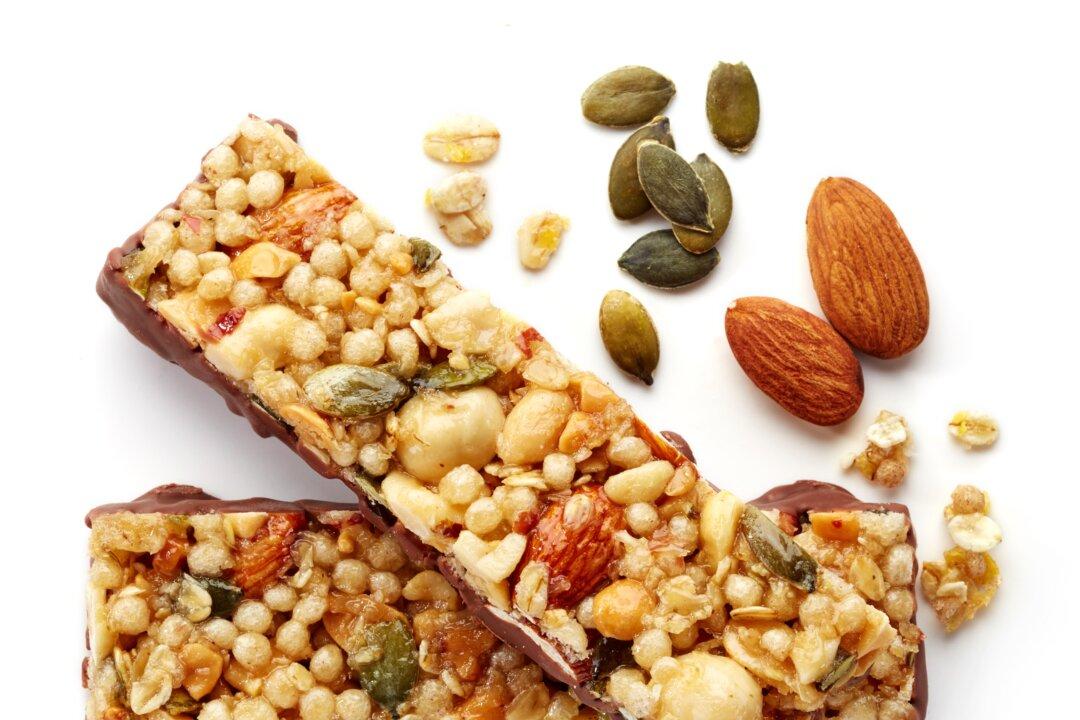If you’re already leading a lifestyle that involves a fitness regimen, then kudos to you. However, just having the fitness part of your lifestyle nailed down doesn’t guarantee your health. To complete the package, you need to eat well—and sometimes that can be tricky.
Many of the “healthy” food ands snacks in grocery stores offer alluring promises that don’t hold up to scrutiny. Marketing agencies have shrewdly figured out that slapping the words “healthy” or “natural” or photos of active people onto food and snack packages can get health-minded people to purchase them.






